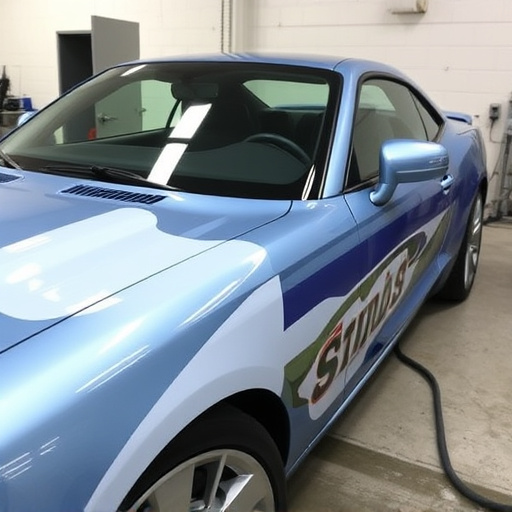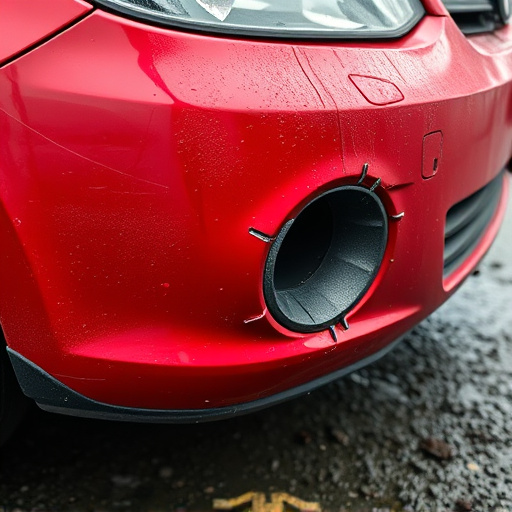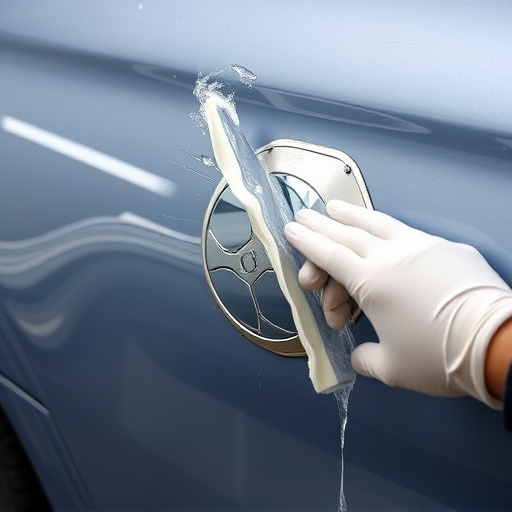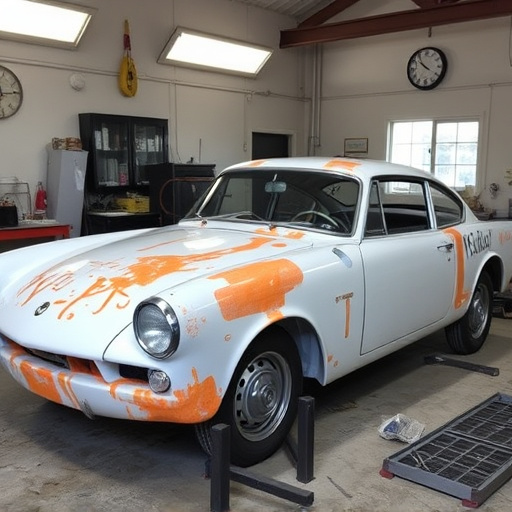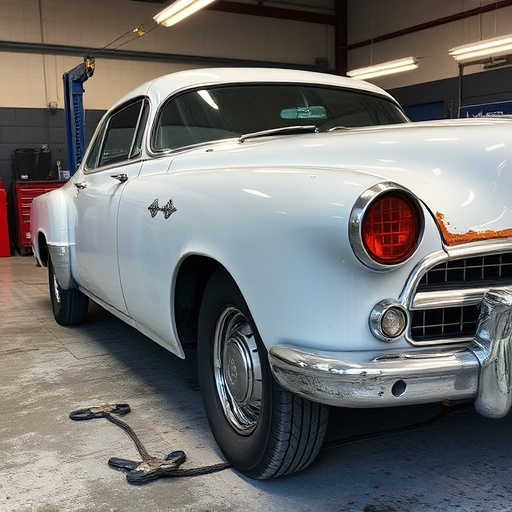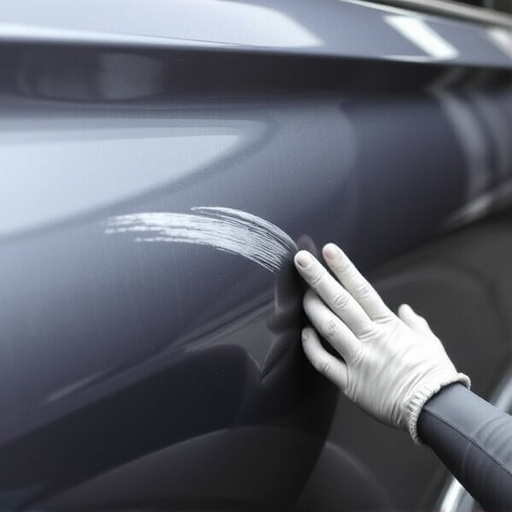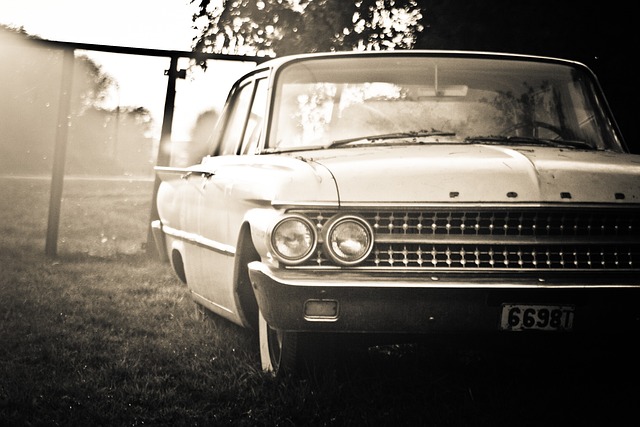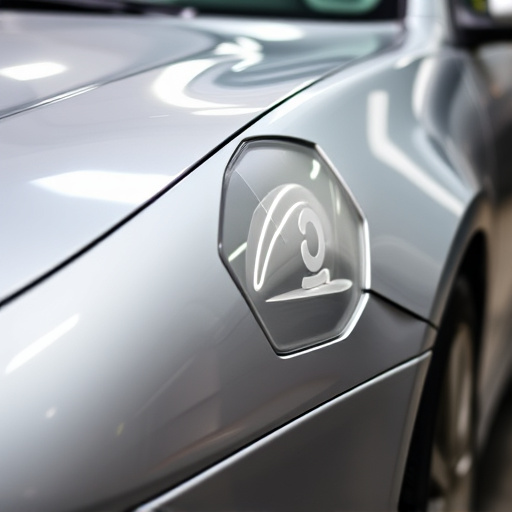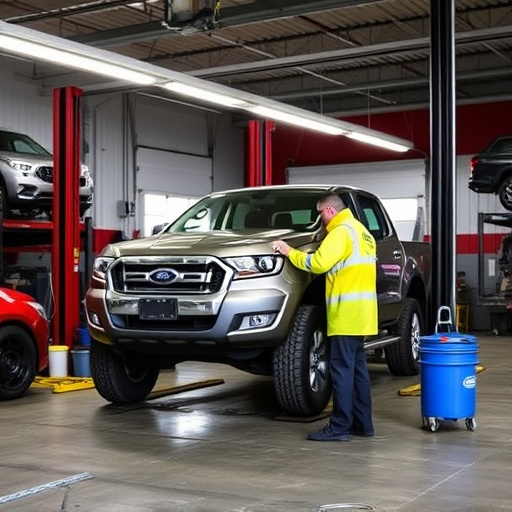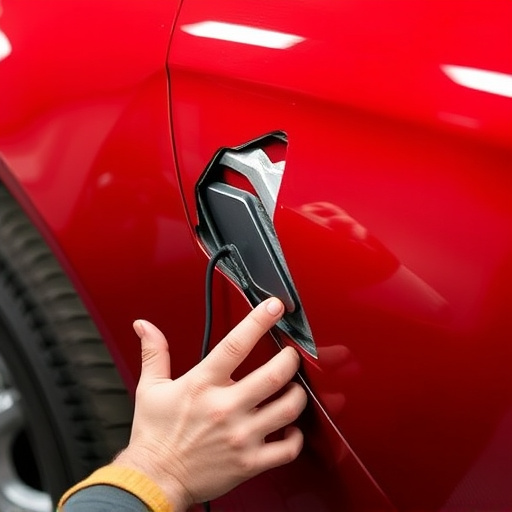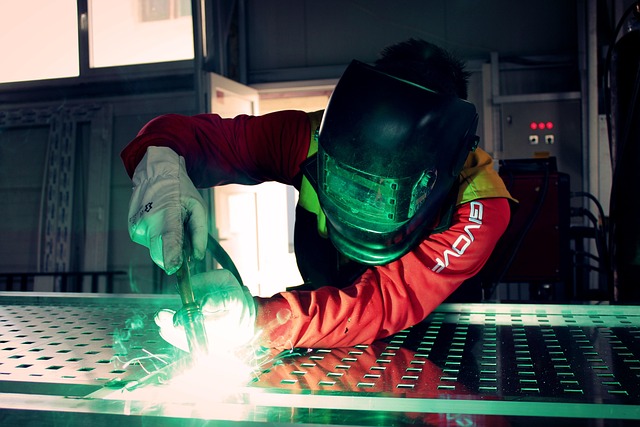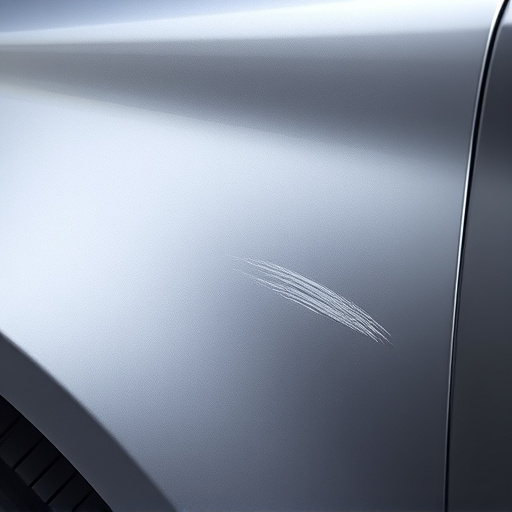A Mercedes grille replacement goes beyond aesthetics, impacting the vehicle's cooling system. A damaged grille can cause overheating issues, compromising engine efficiency and potentially causing further damage. Professional replacement using high-quality parts is crucial for maintaining optimal engine temperature, preventing overheating, and prolonging key components' lifespans, especially in high-performance vehicles. Regular inspections post-replacement are essential for fleet owners and those relying on professional repair services.
Mercedes grille replacement isn’t just about aesthetics; it significantly influences the vehicle’s cooling system. The grille, a key component in Mercedes’ iconic design, serves as the primary intake for airflow, regulating engine temperature. Understanding its function and the intricate parts involved is crucial. This article delves into how replacing a Mercedes grille can impact airflow and pressure, offering insights to optimize post-replacement cooling systems for enhanced performance and efficiency.
- Understanding Mercedes Grille Function and Its Parts
- The Impact of Grille Replacement on Airflow and Pressure
- Optimizing Cooling Systems Post-Grille Replacement
Understanding Mercedes Grille Function and Its Parts
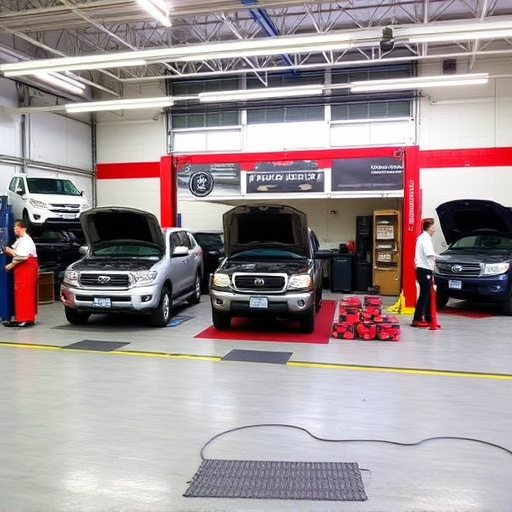
The Mercedes grille, a striking feature adorning the front of Mercedes vehicles, serves a crucial purpose beyond mere aesthetics. It acts as a vital component in the vehicle’s cooling system, facilitating airflow and maintaining optimal engine temperature. This intricate part comprises several elements working in harmony; the main grille, often crafted from durable materials like plastic or metal, allows air to enter the engine compartment while blocking debris. Behind it lies a network of intricate passages and fins designed to dissipate heat efficiently.
A Mercedes grille replacement is not just about aesthetics; it directly impacts the vehicle’s performance and longevity. When the grille becomes damaged due to accidents, road debris, or wear over time, its ability to regulate temperature can be compromised. This may lead to overheating issues, affecting engine efficiency and potentially causing more serious damage to other components within the vehicle. Therefore, seeking professional autobody repairs from a trusted vehicle body shop is essential to ensure proper replacement and restoration of your Mercedes’ cooling system functionality.
The Impact of Grille Replacement on Airflow and Pressure
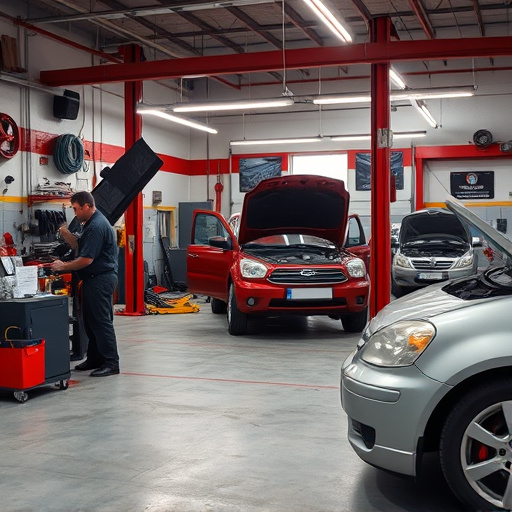
A Mercedes grille replacement isn’t just about aesthetics; it significantly influences the vehicle’s cooling system by impacting airflow and pressure. The original grille is meticulously designed to balance style and functionality, ensuring optimal air circulation for engine cooling. When replaced, this delicate equilibrium can shift, affecting how effectively the car’s cooling system operates. A properly fitted new grille should maintain or even enhance this balance, but subpar replacements may obstruct the airflow necessary to keep the engine from overheating, especially during intense driving conditions.
This effect is directly linked to pressure differentials within the vehicle. Airflow disruptions caused by a poor-fit or improperly designed grille can lead to reduced air pressure in critical cooling areas. In a luxury vehicle repair scenario, such issues are not just inconvenient; they can be detrimental to the longevity and performance of the engine. Thus, when considering a Mercedes grille replacement, it’s crucial to opt for high-quality parts that ensure both aesthetic enhancement and seamless integration with the car’s existing cooling system, leveraging professional vehicle repair services to guarantee optimal results.
Optimizing Cooling Systems Post-Grille Replacement
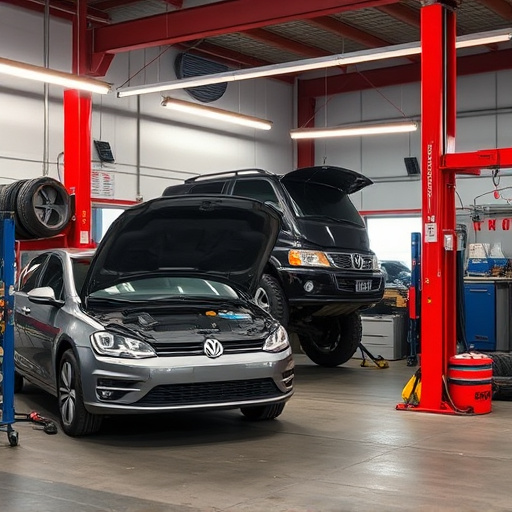
After a successful Mercedes grille replacement, optimizing the vehicle’s cooling system becomes an essential step. The new grille plays a critical role in enhancing airflow, which directly impacts the overall performance of the cooling system. This is particularly crucial for high-performance vehicles that demand efficient temperature regulation during intense driving conditions. By ensuring optimal airflow, the replaced grille can help maintain ideal engine temperatures, thereby preventing overheating and prolonging the lifespan of various components within the cooling system.
For fleet owners or those relying on professional repair services like collision repair or dent removal, this optimization process is vital. Properly maintained cooling systems not only contribute to vehicle reliability but also ensure safety by preventing potentially hazardous overheating situations. Regular inspections and adjustments post-grille replacement can be part of an overall maintenance strategy, guaranteeing that Mercedes vehicles continue to deliver outstanding performance, comfort, and safety on the road.
Mercedes grille replacement isn’t just about aesthetics; it significantly influences the car’s cooling system. By understanding the function of each part and the impact of replacement on airflow and pressure, you can optimize your vehicle’s cooling performance. Regular maintenance ensures your Mercedes stays cool under pressure, enhancing both its reliability and longevity. For optimal results, consider consulting with a professional to ensure a seamless and effective grille replacement process.
